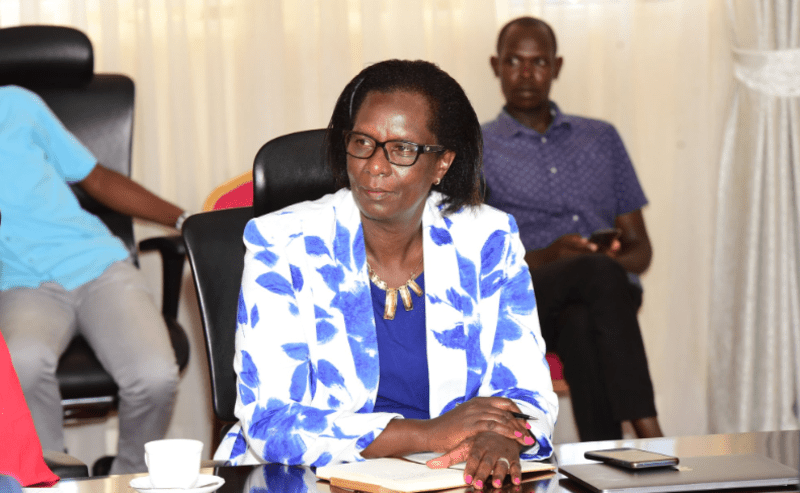Ruto's CASs to receive Sh780,000 monthly salary, plus benefits -SRC

The salary structure includes Sh459,113 in basic pay, Sh165,000 in house allowance, and Sh155,887 in salary market adjustment.
Chief Administrative Secretaries (CASs) are set to receive a gross salary of Sh780,000 per month, slightly higher than the Sh710,000 paid to Members of Parliament (MPs).
This is according to an advisory by the Salaries and Remuneration Commission (SRC) to the Public Service Commission (PSC).
More To Read
- Ruto and Oburu strengthen UDA-ODM alliance after by-election win
- Ruto unveils Sh400 billion mega dam plan to turn North and Coast regions into Kenya's new food basket
- Ruto says 15,000 jobs on the horizon following launch of landmark highway expansion
- Ruto says Kenya can attain first-world status within three decades
- Petition filed to stop multi-billion Rironi–Nakuru–Mau Summit road project
- ‘Manifesto-free campaigns will sink you,’ Ruto warns opposition after by-election wins
The salary structure includes Sh459,113 in basic pay, Sh165,000 in house allowance, and Sh155,887 in salary market adjustment.
Additionally, CASs will be entitled to official transport, including a government car with an engine capacity not exceeding 3,000 cc.
"SRC has determined the monetary worth of a CAS job at Grade F1 and would like to advise on the attendant remuneration and benefits structure," said SRC Chairperson Lyn Mengich in a letter dated March 14.
The remuneration package also includes annual medical coverage of up to Sh10 million for inpatients, Sh300,000 for outpatients, and additional benefits for maternity, dental, and optical care.
The medical benefit will be extended to one spouse and up to four children below 25 years old, fully dependent on the CAS.
This development comes after the National Assembly passed a bill legalising the appointment of CASs, allowing President William Ruto to appoint an unspecified number of CASs.
The Justice and Legal Affairs Committee had previously capped the number of CASs at 22, but this change has given the president more flexibility in appointing CASs.
Top Stories Today











































